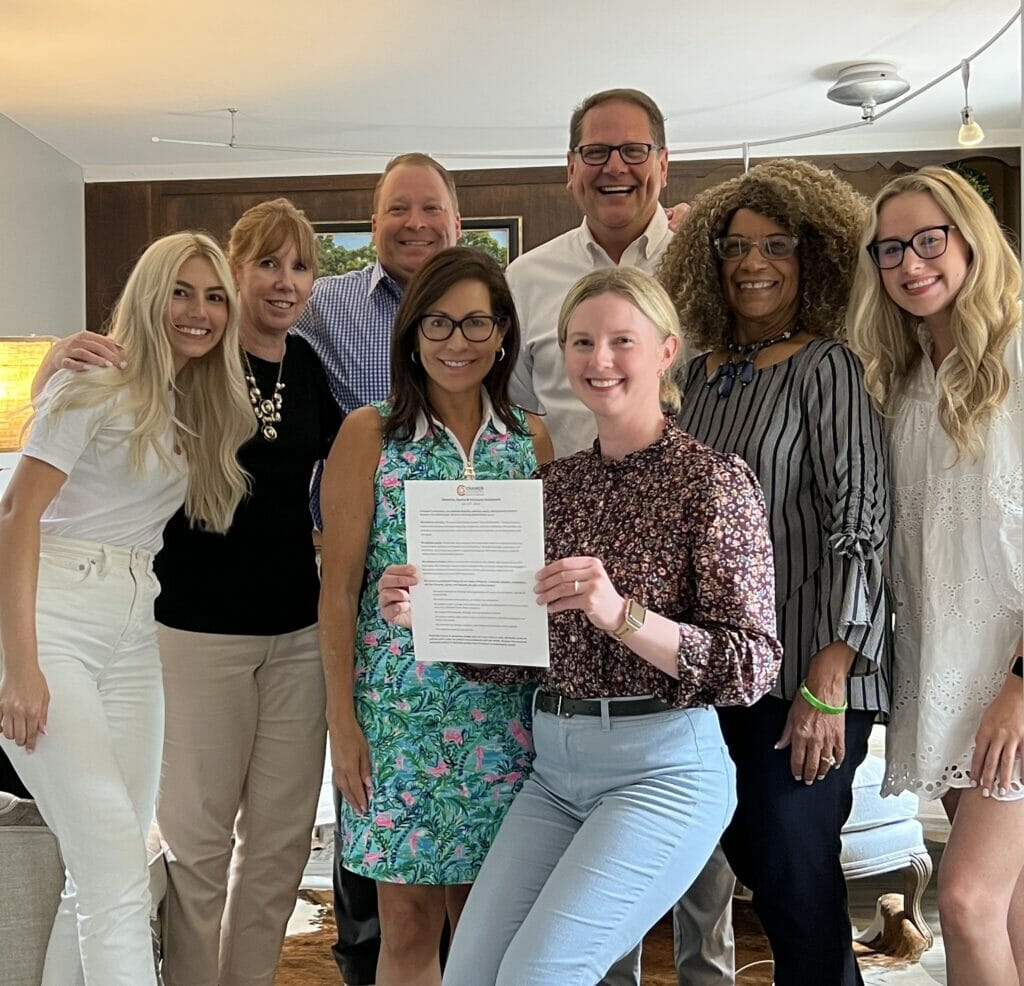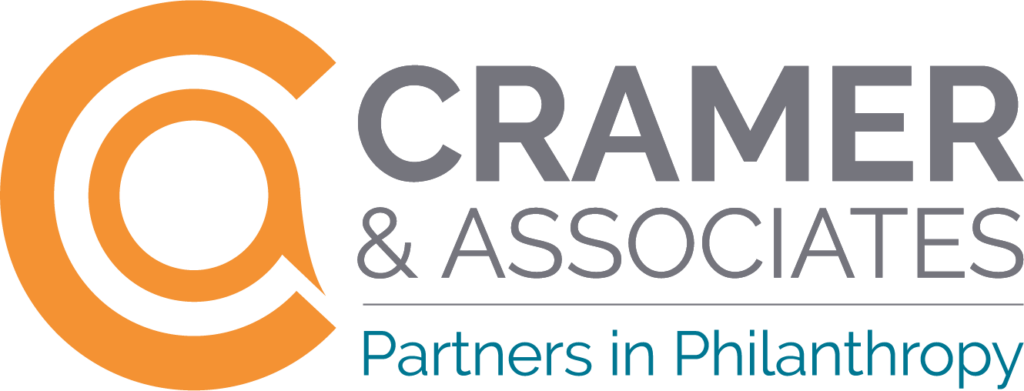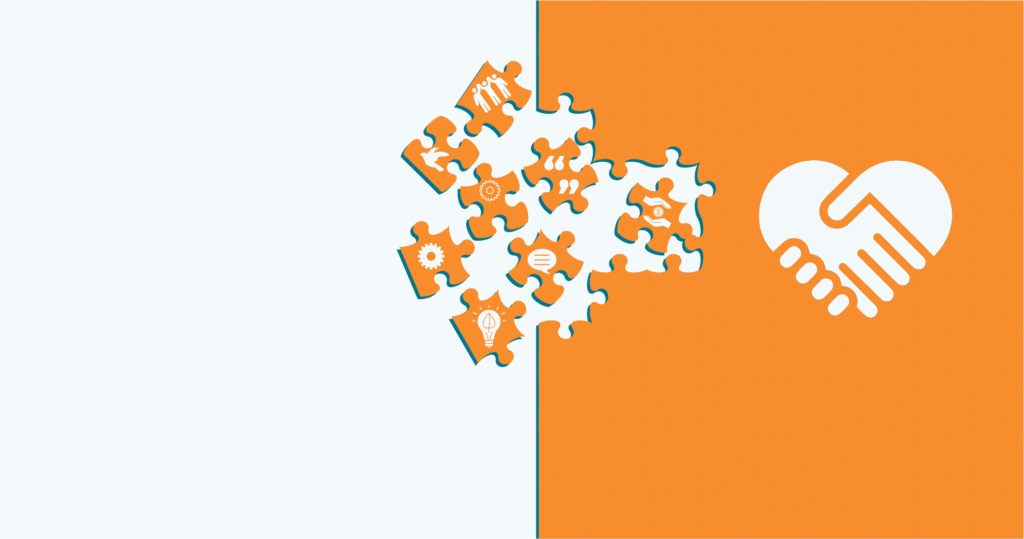Founder and President, The Outcomes Management Group (OMG)
Pat Hicks brings a wealth of knowledge and experience around diversity, equity, and inclusion (DE&I). She helps individuals and organizations learn and truly understand what it means to be culturally competent, and highlights the countless ways in which practicing these values can benefit everyone.

Back in June and July, Pat led our team in three training sessions about these topics at our office. She helped us navigate our way to an even deeper understanding. She was integral in helping us put our values and actions around DE&I into impactful words in our firm’s statement. It was enlightening, and we believe that many people and organizations could greatly benefit from Pat’s process and wisdom.
Today, diversity, equity, and inclusion may sometimes be viewed as just buzz words. But DE&I is so much more. It’s about how our behaviors reflect our ideals, day in and day out. We’re so grateful to know Pat as a dear friend of the firm. Learn more about her work and how you can engage with these topics in a meaningful way in our Q&A session below!
Q: Tell us a bit about your role as the founder of the Outcomes Management Group. What are some of the organization’s core goals, and how did you become involved in this work?
A: I am passionate about assisting people and organizations in achieving sustainable, extraordinary results.
My interest in outcomes began when I was employed at the American Speech-Language Hearing Association (Rockville, MD). In fact, I think of myself as an outcomes pioneer because in 1986 I led the development of the Association’s functional communication outcomes measures and a computerized program evaluation system. Eight years later, I founded the Outcomes Management Group, Ltd, (Columbus, OH) and I have spent twenty-eight years focused on defining, measuring, reporting, and analyzing outcomes. My company has worked with over 150 organizations (non-profit, for-profit, government) around the United States and in South Africa.
OMG understands that culture impacts everything we say and do. “Making Culture Count” at work sites, in communities, and among diverse groups of people is OMG’s goal. Consequently, OMG engages in cultural competence research and work that focuses on systems and organizations. Using our Organizational Cultural Competence Model, OMG develops and uses assessment tools, training programs, and standards to support organizations defining, achieving, and sustaining their desired results. I am excited about the work OMG does. I enjoy leading a diverse group of associates in partnering with our clients, and I am committed to making a difference where everyone benefits.
Q: What is cultural competence and why is it important for nonprofits and other organizations to embrace it?
A: The following are three definitions that guide how I view cultural competence.
- Cultural competence is a set of congruent behaviors, attitudes, and policies that come together in a system, agency, or among professionals, and enable this system, agency, or those professionals to work together effectively across cross-cultural situations (Cross, et.al., 1989).
- Cultural competence is a process that includes five components: awareness, knowledge, skill, encounters, and desire (Camphina-Bacote, 1998).
- Providing culturally competent services is the manner of providing services which customers perceive as relevant and helpful to achieving their desired outcomes (Dana, 1983).
These definitions suggest to me that cultural competence is a journey and not a destination. To be culturally competent requires consistent examination, reflection, and modification of our attitudes, actions, and standards that govern how we work and connect with others.
Organizations that are culturally competent are better equipped to serve and meet the needs of their customers, clients, and consumers. They achieve extraordinary results:
- increased satisfaction of customers, clients, and consumers
- improved employee morale and commitment
- increased employee productivity
- increased awareness of the organization
- increased profitability and reduced liability
Q: Diversity, Equity & Inclusion has become an increasingly popular topic in today’s society. What’s the biggest piece of advice you’d give to individuals or organizations seeking to become more actionable when it comes to DE&I, rather than treating it as a buzz word?
A: Leveraging diversity, equity, and inclusion is not an option, but rather it is essential and key to organizations achieving their mission.
For so long our country has operated with a “one-size-fits-all” mindset that has led us to believe we should all be alike. This has created a preference for “sameness.” We are excited and energized to be with people like us.
Data indicates that innovation, creativity, and greater results are achieved when differences are leveraged. When an organization has the right people in the right seats, multiplication occurs. That means utilizing the diverse gifts that everyone brings to the organization. Diversity extends beyond core demographics that first come to mind when we think about diversity—race, age, gender identity, ability, and sexual orientation. Diversity includes so much more—education, socioeconomic status, thinking and communication styles, geographic location, marital status, etc.
We each are a sum of all our parts. Hence, we cannot escape learning to value and leverage diversity. That leads us to make sure that we include everyone in our conversations, planning, measurement, and work. Inclusion facilitates new discoveries, creativity, and ownership of work and results. As we include others, it is important that we remember to be fair. When an organization leverages diversity, equity, and inclusion, it becomes culturally competent.
Thank you for chatting with us, Pat! Learn more about Pat and OMG at omgknowsbest.com.






